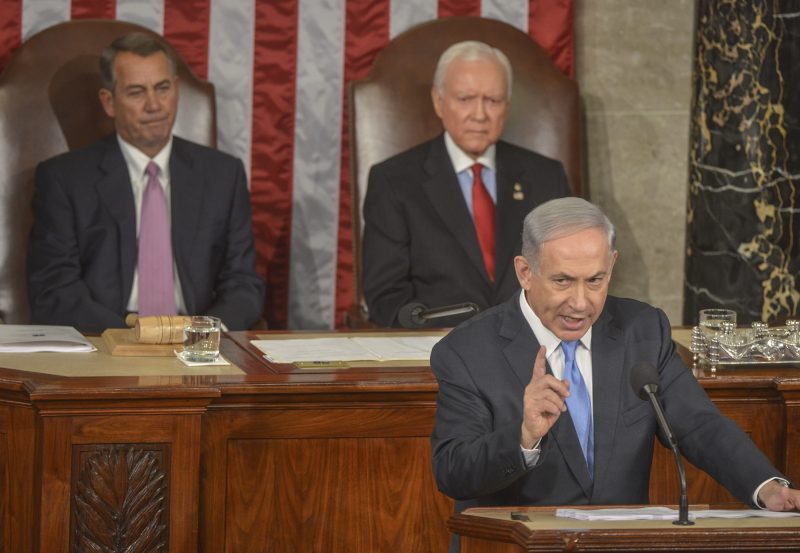Netanyahu’s Split with Biden and the Democrats Was Years in the Making
Netanyahu’s relationship with US President Joe Biden and the Democratic Party has been a subject of intrigue and complexity for many years, ultimately culminating in a stark and bitter split between the Israeli Prime Minister and the American political establishment. This ideological and strategic divergence is deeply rooted in historical, cultural, and political factors that have shaped the dynamics of US-Israel relations over the last several decades.
One key factor that contributed to the strained relationship between Netanyahu and Biden was their differing approaches to the Israeli-Palestinian conflict. Netanyahu has long been a proponent of a hardline stance towards the Palestinians, advocating for a security-centric approach that prioritizes Israeli interests above all else. On the other hand, Biden and many Democrats have expressed support for a more balanced and dialogue-driven approach that seeks to address the grievances of both Israelis and Palestinians.
Another source of tension between Netanyahu and the Democrats has been their conflicting views on the Iran nuclear deal. Netanyahu has been a vocal critic of the nuclear agreement, arguing that it poses an existential threat to Israel and emboldens Iran’s aggressive regional ambitions. In contrast, Biden and the Democratic Party were instrumental in negotiating the original deal and have expressed a willingness to rejoin it under certain conditions.
Furthermore, Netanyahu’s close alignment with former US President Donald Trump further exacerbated his rift with Biden and the Democrats. Netanyahu’s enthusiastic support for Trump’s policies, particularly regarding the recognition of Jerusalem as the capital of Israel and the normalization of relations with Arab states, alienated him from the incoming Democratic administration, which sought to distance itself from Trump’s legacy.
The erosion of trust between Netanyahu and the Democrats was further compounded by domestic political considerations on both sides. Netanyahu faced corruption charges and a challenging political landscape in Israel, leading him to adopt a more confrontational and populist rhetoric that resonated with his base but alienated many in the US political establishment. Meanwhile, the Democratic Party, under increasing pressure from progressive factions, began to scrutinize Israel’s treatment of Palestinians more closely, clashing with Netanyahu’s conservative government.
In conclusion, the split between Netanyahu and Biden, along with the broader Democratic Party, was not an abrupt development but rather the culmination of years of diverging policies, ideologies, and strategic interests. This deepening divide underscores the complex and multifaceted nature of US-Israel relations and highlights the challenges of navigating a volatile and ever-changing geopolitical landscape. As both parties strive to adapt to these shifting dynamics, the future of their relationship remains uncertain and fraught with potential disagreements and conflicts.
